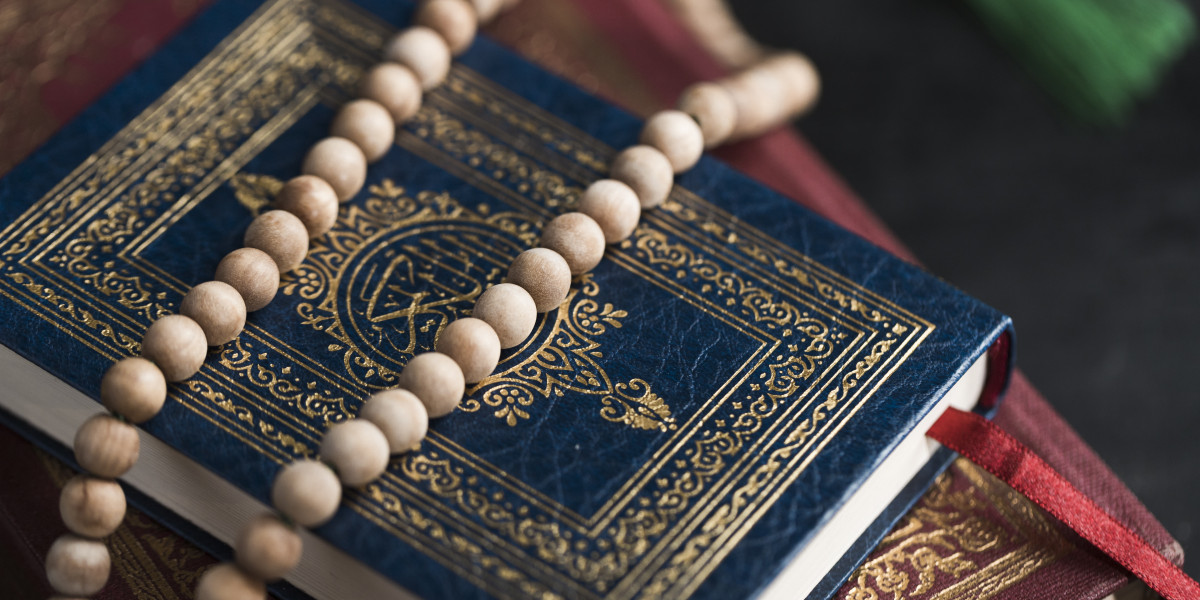The Quran, the holy book of Islam, is the central religious text that guides the beliefs and practices of over a billion Muslims worldwide. It is considered by Muslims to be the literal word of God, revealed to the Prophet Muhammad over a period of 23 years. To understand the profound connection between Muhammad and the Quran, we need to delve into the historical context, the revelations, and the impact of this divine book on the life and mission of the Prophet.
Historical Context
In the 7th century CE, the Arabian Peninsula was a region marked by tribalism, idol worship, and social injustices. The people of Arabia were deeply entrenched in ignorance and superstitions, and ethical values were often overshadowed by self-interest. It was within this context that Muhammad, known as Al-Amin (the trustworthy) and Al-Sadiq (the truthful), emerged as a prophet.
Revelation of the Quran
The revelation of the Quran began in 610 CE when Muhammad, at the age of 40, received the first verses during a period of solitude and reflection in the cave of Hira near Mecca. The angel Gabriel appeared to Muhammad and instructed him to "Read," to which Muhammad replied that he could not read. These were the opening verses of Surah Al-Alaq (The Clot), and they marked the beginning of a profound spiritual journey.
Over the course of the next 23 years, the Quran, a central pillar of Reasons to Believe in Islam, was gradually revealed to Muhammad in fragments and chapters. These revelations covered a vast array of subjects, encompassing theology, morality, social justice, and guidance for individual and communal life. With unwavering dedication, Muhammad diligently conveyed each revelation to his followers, ensuring its faithful transcription onto a variety of materials, such as parchment, stones, and leaves.
The Quran as Divine Guidance
The Quran is a comprehensive guide for humanity, addressing both the individual and collective aspects of human existence. It covers themes such as the oneness of God (Tawheed), the importance of faith, the significance of prayer (Salat), charity (Zakat), fasting (Sawm), and the pilgrimage (Hajj). Additionally, the Quran emphasizes the importance of moral conduct, ethical behavior, and social justice.
The Quran's influence extends beyond religious matters. It touches on various aspects of life, from governance and economics to science and spirituality. It encourages the pursuit of knowledge, understanding of the natural world, and the search for truth. The Quran's profound verses have inspired countless individuals to explore, discover, and contribute to various fields of knowledge.
Muhammad's Role as the Messenger
Muhammad's role as the recipient and conveyer of the Quran was multifaceted. He served as the intermediary between the divine messages and the people of his time. As the Prophet, he not only communicated the revelations but also embodied their teachings in his daily life. Muhammad's character and conduct, known as the Sunnah, provided a practical example of how to implement the Quranic guidance in everyday situations.
His relationship with the Quran was one of profound dedication and commitment. He memorized each revelation as it was received and ensured its accurate transmission to his companions. Muhammad's deep spiritual connection to the Quran was evident in his devotion to prayer, reflection, and the pursuit of justice.
The Quran as a Source of Comfort and Guidance
The Quran served as a source of solace and guidance for Muhammad throughout his prophethood. During moments of difficulty and opposition, the revelations provided reassurance and wisdom. The Quran frequently addressed the challenges and objections raised by the disbelievers of Mecca, offering responses and solutions.
One of the most significant revelations came during the Night Journey (Isra and Mi'raj), when Muhammad was transported to Jerusalem and ascended through the heavens. This event reaffirmed the importance of the Quran as a source of divine guidance and the validity of Muhammad's mission.
Legacy and Impact
The Quran and Muhammad's teachings have left an enduring legacy that continues to influence individuals and societies to this day. It has served as the foundation for Islamic theology, law, ethics, and spirituality. The Quran's message of monotheism, ethical conduct, and social justice has shaped the moral compass of countless Muslims and informed their actions in their communities.
Muhammad's connection with the Quran also inspired a rich tradition of Quranic exegesis (Tafsir) and scholarly interpretation. Scholars throughout Islamic history have devoted their lives to understanding the Quran's depth and its application to contemporary issues.
Conclusion
The connection between Muhammad and the Quran, encompassing the Truth about Muhammad, is profoundly significant. Muhammad's pivotal role as the recipient, conveyer, and embodiment of the Quranic message serves as a testament to his unwavering dedication to God's guidance. The Quran, an eternal and universal message, continues to provide spiritual nourishment, wisdom, and a moral compass for Muslims across the globe. It urges reflection, ethical behavior, and a commitment to social justice. This profound connection between Muhammad and the Quran remains a central element in the lives of Muslims, guiding their beliefs and actions as they earnestly strive to live in accordance with God's divine will.















